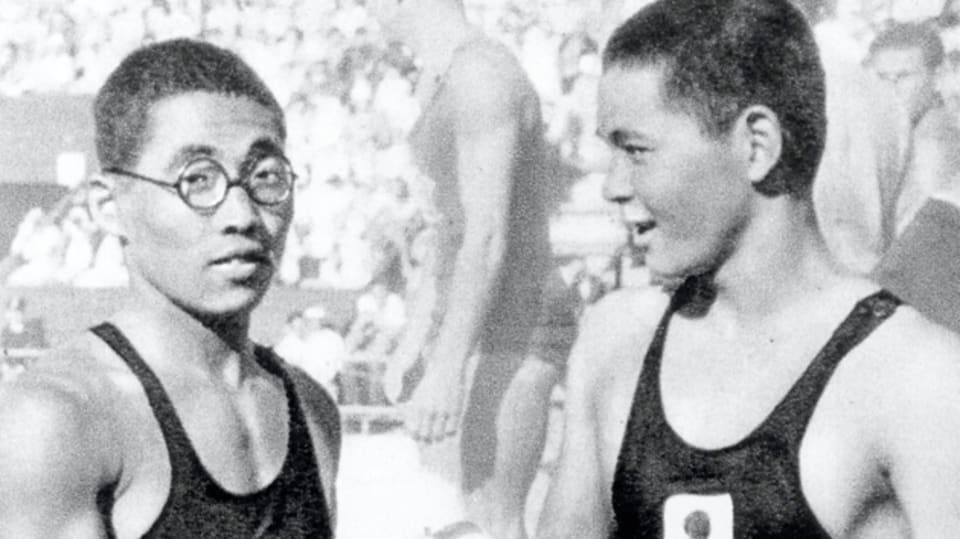Teen tyro Kitamura strikes a blow for youth in the pool
As sporting excuses go, it was certainly one of the more eccentric, but when American Olympic swimming coach Bob Kiphuth came to explain why his charges were unable to keep pace with their Japanese counterparts in Los Angeles, he appeared deadly serious.

“They are a chairless nation,” he told the Brooklyn Daily Eagle newspaper in March 1933. “To eat, to sit from their earliest days, they squat, with their legs under them. Their legs are always flexible, always strong as steel.”
A year earlier Kiphuth had watched as the Japanese Olympic team swept all before them, winning all but one of the Games’ six swimming events. It was a remarkable achievement, and made even more so by the fact that one of the team – Kuzuo Kitamura – was not yet 15 years old.
At 14 years 309 days Kitamura had become the youngest ever Olympic swimming gold medallist – a record that lasted until 1988 when it was broken by Hungarian swimmer Krisztina Egerszegi.
Kitamura’s gold had come in the 1,500m freestyle with a time of 19 minutes 12.4 seconds, a stunning display of stamina by a boy barely into his teens and, presumably, not even fully grown.
American coach Kiphuth wouldn’t let it go. “The way they knocked us off the top in swimming was unheard of,” he bemoaned. “I mean, so quickly. At Amsterdam [in 1928] we were the whole show, and they had hardly been heard of; at Los Angeles they swamped us.”
He continued with his hair-brained physiological theory: “Their torso is inches longer than normal for their size: like a power-house to hold their vital organs and produce stamina and drive. And their legs are just as limber as you’d expect them not to be. They have the most flexible joints at knees and ankles of all the human race.”
If Kitamura has been an isolated case, Kiphuth may have been more inclined to write it off as an anomaly, a once-in-a-lifetime fluke. But, as the Official Report comments, “Olympic records were shattered in practically every event” thanks to the efforts of Japanese swimmers.
Despite his tender years, Kitamura retired from active sports after the 1932 Olympics and later graduated from Tokyo Imperial University. After fighting in Burma during World War II, he became the first non-American to be inducted into the International Swimming Hall of Fame in 1965 and also held various positions in the Japanese Swimming Federation.
He died in June 1996, aged 78.
